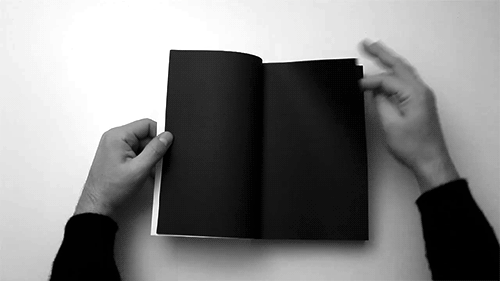Unfinished writing projects are a common problem for many authors.
Whether it’s a lack of motivation, a busy schedule, or writer’s block, it can be difficult to get back into the swing of things when you’re working on a project that’s been sitting on the backburner for a while.
However, with a few helpful tips and a little bit of perseverance, you can get that project finished and ready for publication.
Set realistic goals.
Break your project into smaller, manageable chunks, and set deadlines for yourself to keep yourself accountable.
This way, you’ll be able to track your progress and stay motivated.
Get organized.
Create an outline or a detailed plan for your project, and make sure you have all the resources you need to get the job done.
This could include research materials, writing tools, and a dedicated workspace.
Surround yourself with inspiration.
Whether it’s a change of scenery, a new writing group, or simply a new soundtrack to accompany your writing, find ways to keep yourself inspired and motivated.
Stay accountable.
Share your writing goals with friends, family, or a writing group. Having someone to answer to can help keep you on track and motivated.
Reward yourself.
When you complete a section or reach a milestone, reward yourself with something you enjoy, whether it’s a long bath, a night out with friends, or a favorite snack.
This will give you something to look forward to as you work towards finishing your project.
Use writing prompts.
If you’re struggling with writer’s block, using writing prompts can be a great way to get your creative juices flowing.
You can find writing prompts online, or you can come up with your own based on your project.
Mix it up.
If you’re feeling stuck, try changing your writing routine.
Write in a different location, switch up the time of day you write, or try writing by hand instead of typing on a computer.
Experimenting with different methods can help get your creative muscles moving.
Take breaks.
If you’re feeling overwhelmed or stuck, it’s important to take a break.
This could mean taking a walk, reading a book, or simply taking a nap.
When you return to your writing, you’ll be refreshed and ready to tackle your project with renewed energy.
Celebrate your progress.
When you make progress on your writing project, it’s important to celebrate.
This could mean acknowledging your accomplishment in a journal, or sharing your progress with friends and family.
Celebrating your progress will help you stay motivated and focused on your goals.
Don’t be afraid to ask for help.
If you’re struggling with writer’s block or need feedback on your work, don’t be afraid to reach out to others for help.
This could be a writing mentor, a trusted friend, or a writing group.
Finishing an unfinished writing project is a journey that requires hard work, determination, and a few helpful tips.
By breaking down your project into manageable chunks, surrounding yourself with inspiration, and taking breaks when necessary, you can overcome any obstacle and see your writing project through to completion. Don’t ever give up!
Bonus: Here are 5 writing tips from famous authors:
Stephen King’s Tip:
Write Every Day. Stephen King is a prolific writer who is known for his daily writing routine.
He advises writers to write every day, even if it’s only for a short period of time. Writing every day helps you maintain momentum and keep your skills sharp.
J.K. Rowling’s Tip: Create a Detailed Plan. J.K. Rowling is known for her intricate world-building and intricate plotlines in the “Harry Potter” series.
She advises writers to create a detailed plan for their story, including character profiles and outlines for each chapter.
Having a plan in place can help you stay on track and avoid getting stuck in the middle of your project.
Ernest Hemingway’s Tip:
Write Short, Simple Sentences. Ernest Hemingway was known for his concise, straightforward writing style.
He advised writers to write short, simple sentences and avoid complex language. This approach can help you get your ideas down on paper quickly and clearly.
Maya Angelou’s Tip:
Write from Experience. Maya Angelou is famous for her poems and memoirs, which draw heavily on her personal experiences.
She advises writers to write from their own experiences, whether it’s a personal story, a memory, or a feeling.
Writing from experience can help you connect with your readers and make your writing more powerful.
Toni Morrison’s Tip:
Read Widely. Toni Morrison is known for her literary works that explore themes of race, identity, and history.
She advises writers to read widely and expose themselves to different perspectives and experiences.
Reading widely can help you gain a deeper understanding of the world and add depth to your writing.





